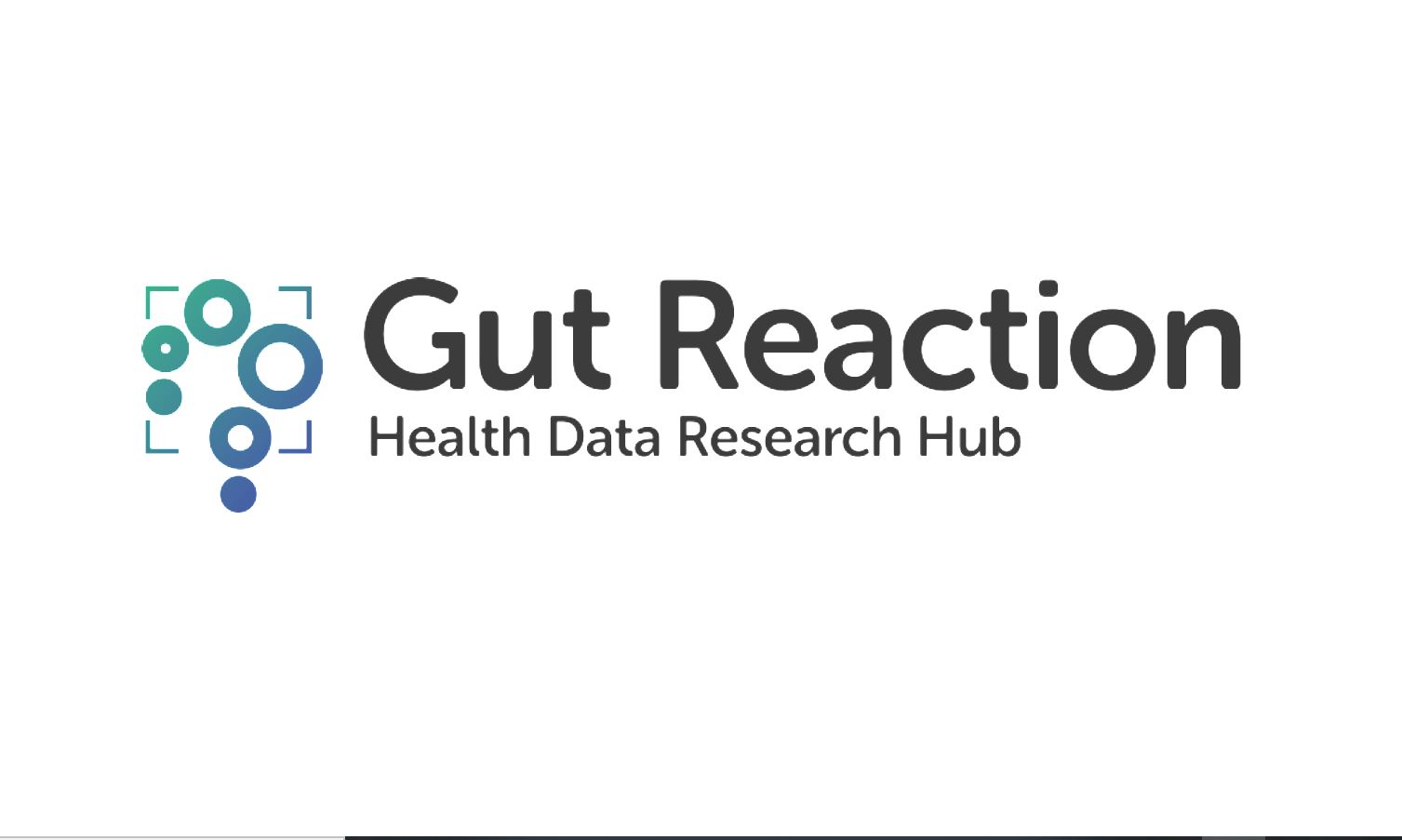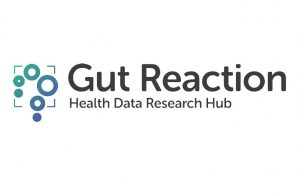Gut Reaction is working with hospitals, industry and, most importantly, patients to create a unique, secure data resource for scientists to speed up research for people living with IBD.
Gut Reaction is a partnership of leading organisations in the IBD research, patient support and data security and curation fields, including Cambridge University Hospitals, Crohn’s & Colitis UK, NIHR BioResource, NIHR IBD BioResource, Wellcome Sanger Institute, IBD Registry, Privitar, GSK, AstraZeneca and AIMES.
The goal during the initial funding period was to integrate health and research data from patients recruited to the NIHR IBD BioResource who have consented for information from their health records to be held in a research database. The specific aims are:
- To transfer health records, including digital pathology and digital imaging data, from NHS Trusts, and HES data from NHS England, to AIMES where clinical and phenotypic data are currently held.
- To integrate these data with genomic data held at the University of Cambridge High Performance Computing (HPC) Service in a secure environment in Microsoft Azure, where they can be analysed anonymously, with the capability to re-identify to allow contact and recall of individuals.


